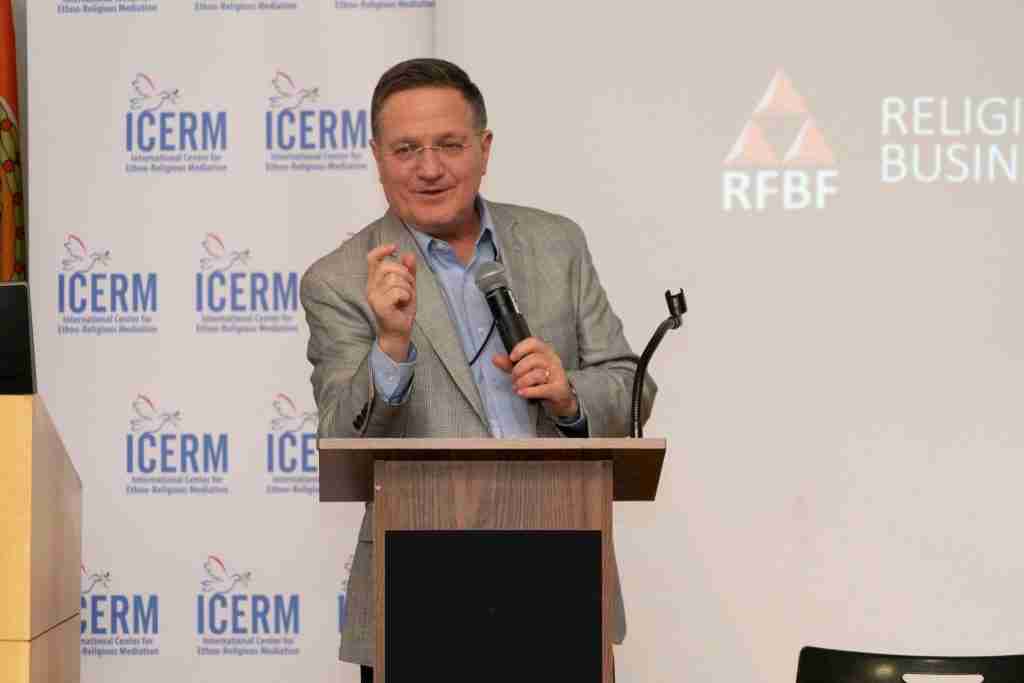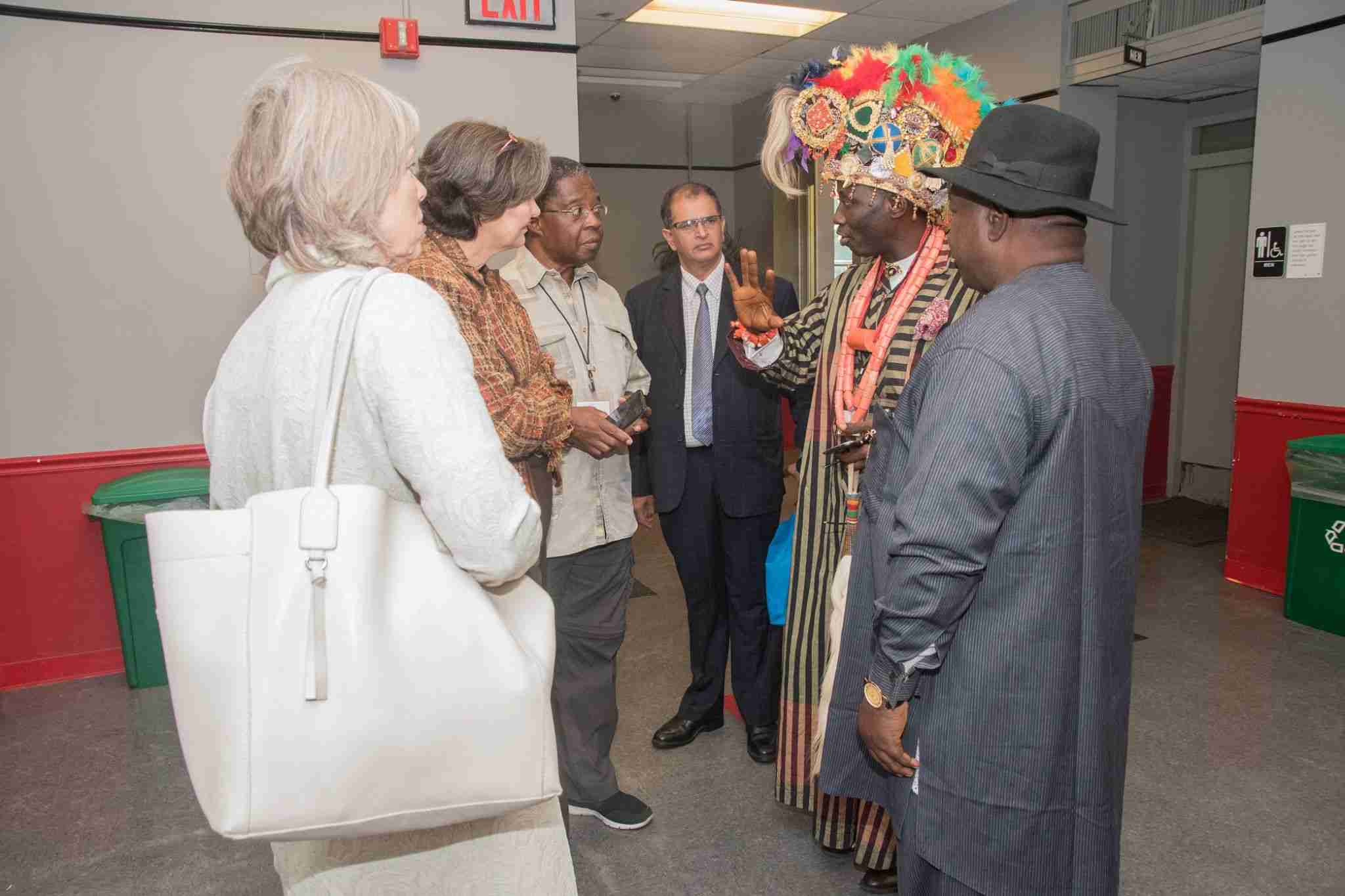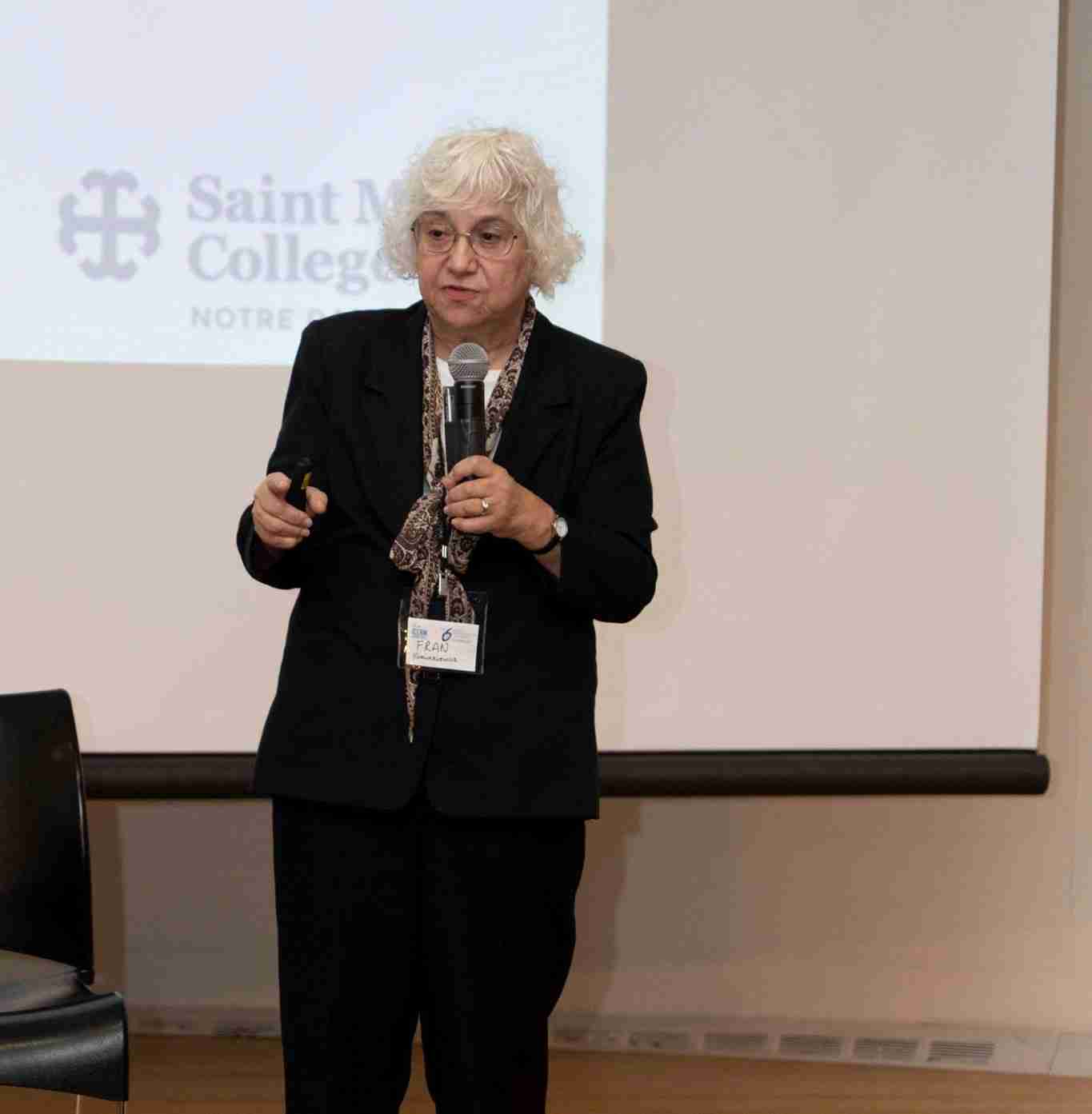2019 International Conference Videos

Ethno-religious conflict, many experts and policymakers have consistently warned, have serious implications for a country’s economy.
However, a formal discussion (whether academic or policy oriented) on the direction of the relationship between ethno-religious conflict and economic change has until recently been scanty.
Ethno-Religious Conflict And Economic Change: Is There A Correlation?
The videos you are about to watch offer various perspectives on the economic implications of ethno-religious conflict.
These pedagogical videos were recorded from October 29 to October 31, 2019 during the 6th Annual International Conference on Ethnic and Religious Conflict Resolution and Peacebuilding.
The conference was held at Mercy College – Bronx Campus, 1200 Waters Place, The Bronx, NY 10461.
In December 2022, we published a collection of peer-reviewed articles inspired by this conference in a journal issue titled “Ethno-Religious Conflict and Economic Change.”
Below, you can watch the video recordings of the conference sessions, including the keynote address, distinguished speeches, and panel discussions.
Please subscribe to our channel to receive updates about future video productions.
Day One - 2019 Conference

Ethno-Religious Conflict And Economic Growth: Is There A Correlation? Keynote by Dr. Brian Grim
30:03
Relationship between Ethno-Religious Conflict and Economic Growth by Frances Bernard Kominkiewicz
31:56
A Reflection on Ethno-Religious Conflicts and Nigeria’s Development by Dr. Elizabeth O. Ezenweke
21:00
Bosnia & Herzegovina–Specific & Unique European Country with Frozen Conflict by Dr. Rudolf Kucharcik
18:55
Divide & Profit: How the U.S.-Mexico Border Crisis can be Understood as a Profitable Ethnic Conflict
17:18
Panel Discussion on Separatism in Italy, Bosnia & Herzegovina Conflict, & Afro-Brazilian Religions
30:12Day Two - 2019 Conference

Global Peace and Security: Roles of Traditional and Indigenous Leaders by King Bubaraye Dakolo
24:24








































